By understanding the UK’s telephone numbering scheme, you can work out how much a phone call will cost you.
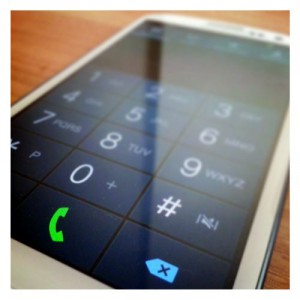 In the UK, it’s normally possible to work out the cost of a phone call and whether it’s included in your allowance simply by looking at the phone number.
In the UK, it’s normally possible to work out the cost of a phone call and whether it’s included in your allowance simply by looking at the phone number.
The most important thing to look at is the telephone number prefix (or the first few digits at the start of the phone number). The telephone number prefix dictates the cost of your call, and whether it’s included within your plan.
Please enter a phone number to find out the cost:
Enter a UK number. For instance, 07123 456 789.
As a rule of thumb, you can use your inclusive minutes to call UK landline and mobile numbers (most phone numbers beginning with 01, 02, 03 and 07). Phone numbers beginning with 084, 087 and 09 are special-rate numbers and will cost you more to call. Phone numbers beginning with 0800 and 0808 will always be free to call.
In this article, we’ll discuss UK phone numbers and how much you can expect it to cost when calling from your UK mobile plan. We’ll also present some money saving tips, and things to watch out for when calling a phone number in each category.
Contents
UK Landline (Most Numbers Starting 01 & 02)
* There are a number of exceptions to this rule. If you’re calling a phone number beginning with 01481 (Guernsey), 01534 (Jersey) or 01624 (Isle of Man), this is classified as a non-UK phone number. You’ll be charged international rates for making this call and you won’t be able to use your inclusive allowance of minutes.
UK National (Numbers Starting 03)
UK Mobile Phones (Most Numbers Starting 07)
One thing that’s worth watching out for:
* Once again, there are a number of exceptions to this rule. Besides the allocation of 070 and 076 to personal numbers and pagers, there are also allocated phone number ranges for the Isle of Man (07524, 07624, 07924), Jersey (07509, 07700, 07797, 07829, 07937) and Guernsey (07781, 07839, 07911). Phone calls to any of these numbers are classed as a non-UK call. You’ll therefore be charged international rates and won’t be able to use your inclusive allowance of minutes.
UK Freephone (Numbers Starting 0800 & 0808)
UK Special Rate (Numbers Starting 084, 087 & 09)
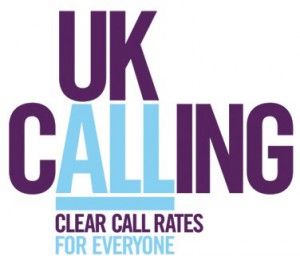
International (Numbers Starting 00)
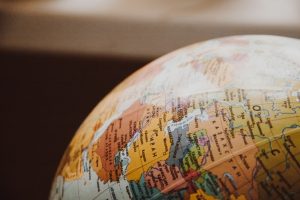 If you dial a phone number beginning with two zeros, you’ll be making an international call outside the UK. You’ll normally dial two zeros followed by an international country code and then the local phone number within that country.
If you dial a phone number beginning with two zeros, you’ll be making an international call outside the UK. You’ll normally dial two zeros followed by an international country code and then the local phone number within that country.
On most mobile phones, the + sign (obtained by long pressing the zero button) can also substitute in place of dialling 00.
The UK’s international dialling code is 44. Phone numbers beginning with 0044 or +44 are therefore actually based in the UK. You’ll pay the same rate whether you dial a phone number beginning with 0044, +44 or 0. In other words, it makes no difference whether you dial 0044 7123 456 789, +44 7123 456 789 or 07123 456 789 (they’re all the same thing).
Other Phone Numbers
There are some other phone numbers not belonging in any of the above categories.
Other phone numbers include:
- 101 –
- 105 –
- 111 –
- 112 –
There are also a number of premium-rate SMS shortcodes, normally five or six digits in length. These are used for voting in TV shows (e.g. X Factor or Britain’s Got Talent), for entering competitions and for making donations to charity. The cost of sending a text message to one of these numbers should normally be advertised, or you can check it on the Phone-paid Services Authority website.
Historical Phone Numbers
In the past, 0500 phone numbers were also in use by several companies. These have been withdrawn, as of June 2017, and will no longer work. You should contact the organisation behind the phone number to ask them for the replacement number.
In London, many outdated shop signs still refer to 0171 and 0181 phone numbers. These phone numbers prefixes have not been in use since April 2000, and should be replaced with the new versions (either 020 7, or 020 8). For instance, 0171 123 4567 should become 020 7123 4567.
More Information
To learn more, see our guide to Pay As You Go rates in the UK. If you’ve just moved to the UK very recently, it may also be of interest to read our guide to using your mobile phone in the UK. There’s also further in-depth information in our beginners guide to telephony in the UK.
A note about your privacy: The phone numbers you enter on this page never leave your computer. The phone number you enter is categorised locally, and as such, is never communicated with our servers.
Many thanks to Ian Galpin for his numerous, invaluable contributions to this article.
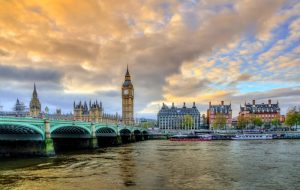 If you’re calling a phone number that begins with 03, you’ll always pay the same rate as when you’re calling a landline phone number. You’ll also be able to use the inclusive minutes you have on your phone plan.
If you’re calling a phone number that begins with 03, you’ll always pay the same rate as when you’re calling a landline phone number. You’ll also be able to use the inclusive minutes you have on your phone plan.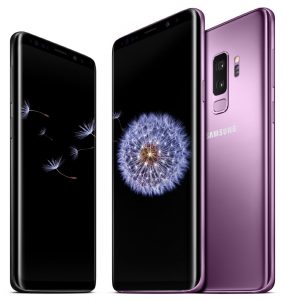 In the UK, most phone numbers beginning with 07 are UK mobile numbers*. For the most part, you’ll pay your standard per-minute rates when calling a 07 phone number. You’ll also be able to use the inclusive minutes on your plan.
In the UK, most phone numbers beginning with 07 are UK mobile numbers*. For the most part, you’ll pay your standard per-minute rates when calling a 07 phone number. You’ll also be able to use the inclusive minutes on your plan.
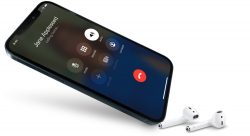
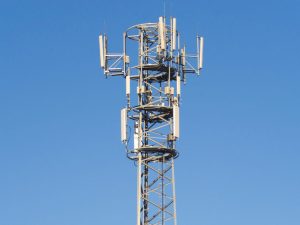

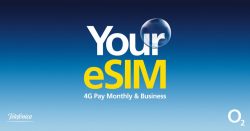
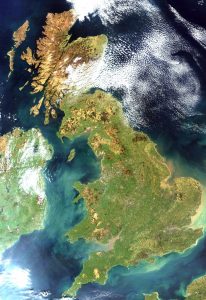
Ian said:
PSA no longer exists. CPRS is now directly regulated by Ofcom.
Ian said:
In the “other phone numbers” section, there’s also 119 and 159 to add.
castleghost said:
Are there any costs (per call or minute) when I call a 0800 toll-free UK number from my Jersey mobile phone? Does the provider play a role?
Cheers.
Ken replied:
Hi there,
Great question! Unfortunately, I’m not that familiar with how charges work on a Jersey-based SIM card so it’s worth double checking directly with the mobile network.
Ken